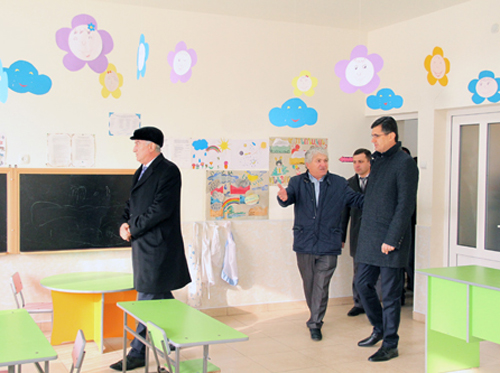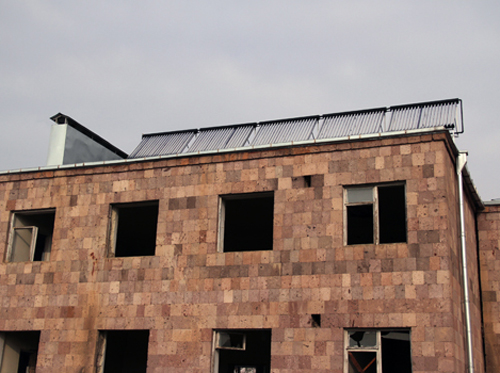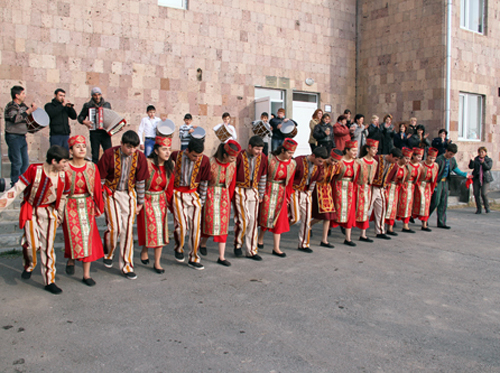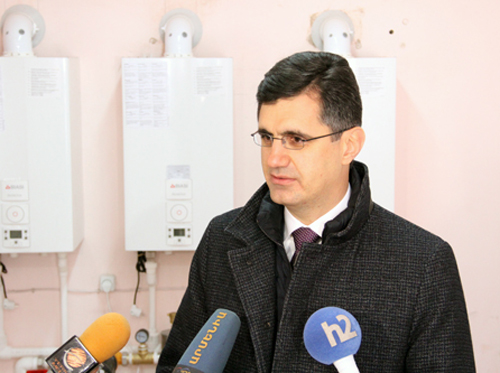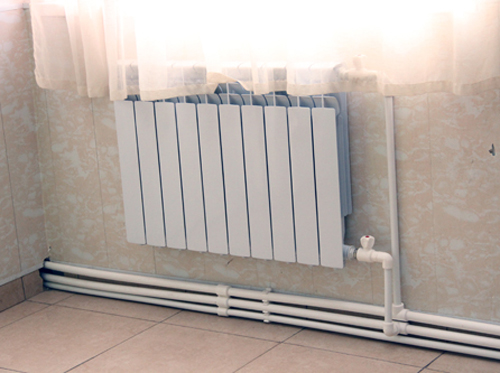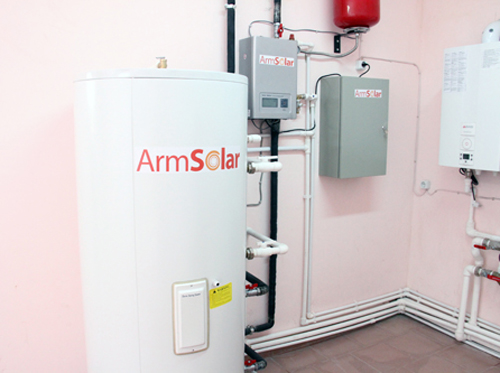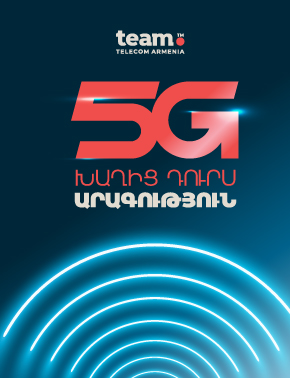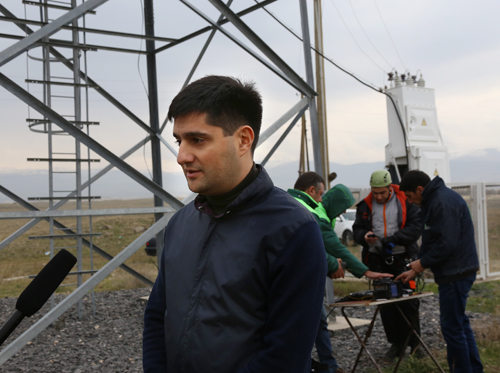The Foundation for the Preservation of Wildlife and Cultural Assets and its General Partner VivaCell-MTS will mark the completion and present the outcomes of a project implemented in Ujan community of Aragatsotn region within the framework of the joint “Alternative Energy” Project.
The initiative included the installation of a heating system equipped with solar water heaters in the village.
The launch of the system was done by VivaCell-MTS General Manager Ralph Yirikian, FPWC team, the governor of Aragatsotn region, head of Ujan community, community residents.
«It's sad to see that one of the most beautiful seasons - the winter, does not delight children but only causes concerns and worries, especially for families living in the regions. Providing heating and hot water through solar energy to the kindergarten was the best solution, because now the community will be able to reduce electricity expenses and spend the saved money for other important issues. The environmental benefits of the program - reduced air pollution, rational use of natural resources - should also be noted. And, of course, the issue of keeping children busy during winter time is settled with this. We hope that from now on winter will be for these children time for expecting miracles, magic beauty and warmth», VivaCell-MTS General Manager Ralph Yirikian said.
With approximately 2.700 inhabitants Ujan community’s kindergarten currently houses 60 children. The kindergarten hasn’t had regular heating in winter since the collapse of the Soviet Union, while the means applied haven’t provided enough heating for children to attend kindergarten in cold weather as well.
Due to the project kindergarten will be open during the whole year regardless of the weather.
Due to the system implemented within the “Alternative Energy” Project the kindergarten will be able to receive heat free of cost during the day in winters. Solar heater will provide hot water throughout the year. Given that the kindergarten only works during daytime and at night only heating needs to be provided so that the system does not freeze, there is up to 60% saving on gas consumption.

17:29 | 24.09.25 | Articles
Jacopo Losso on Cross-Border Investments and Why Armenia Attracts Angels

